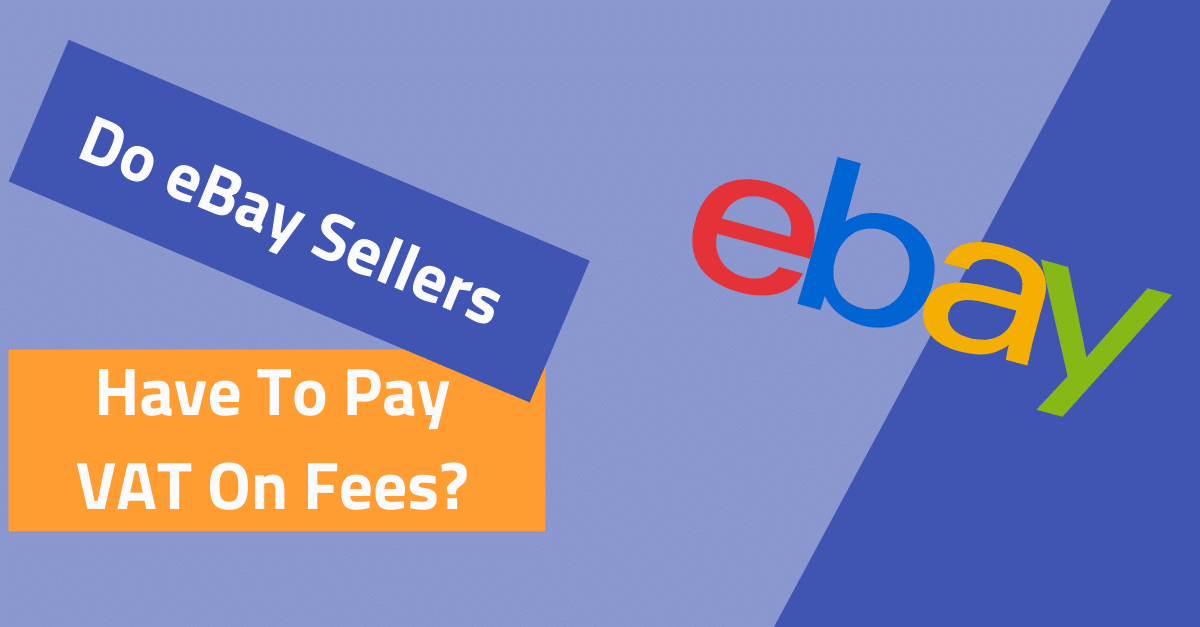
Do I Need to Pay Tax on eBay Sales?
If you’re an eBay seller, you may be wondering, “Do I need to pay tax on eBay sales?” The answer depends on a variety of factors, including how often you sell, the type of items you’re selling, and whether you’re doing so as a hobby or a business. In the UK, tax laws regarding eBay sales are straightforward, but many sellers are still confused about when and how to declare their earnings.
Let’s explore the tax obligations for eBay sellers, provide insight into what qualifies as a business, and explain when and how you should declare eBay income to HMRC. If you’re uncertain about your tax status, CANGAF Accountants can help you determine your liability and ensure you stay compliant with UK tax laws.
Understanding eBay Sales and UK Tax Laws
eBay has become a popular platform for selling everything from second-hand items to brand-new goods. However, just because you’re making money through eBay doesn’t automatically mean you’ll need to pay tax on your sales. The critical factor is whether your selling activities classify as a business or a hobby.
Here are some key points to consider:
1. Occasional Selling or Hobby Sales
If you occasionally sell items on eBay, such as old clothes, books, or unwanted household items, it is unlikely you’ll need to pay tax. These are considered personal goods, and selling them is viewed as part of a hobby or as one-off transactions.
However, there are some rules:
- If you sell items you originally bought for personal use and you’re not making a profit, this isn’t considered taxable income.
- If you’re making a profit or frequently reselling items with the intent to make money, HMRC may consider you as trading, which could make your income taxable.
2. Are You Running an eBay Business?
If your eBay activity looks more like a business than a hobby, you will be required to pay tax on your earnings. Here are some indicators that HMRC may use to classify your eBay activity as a business:
- What counts as business travel expenses, and how can the cost be claimed via self-assessment?
- How many years can HMRC go back for self-assessment?
- How does HMRC know I have rental income?
- What do you do if you are new to completing self-assessment tax returns?
- Do HMRC check self-assessment returns?
- You regularly sell items with the intention of making a profit.
- You buy items specifically to resell them.
- You advertise or promote your products.
- You have a clear pattern of sales activity, including selling new or bulk quantities of the same item.
If any of these points apply to you, then you may need to register as self-employed and declare your income to HMRC.
3. The Trading Allowance
If you earn less than £1,000 a year from casual selling on platforms like eBay, you may be eligible for the trading allowance, which allows you to earn up to £1,000 from self-employment without needing to declare the income. However, if your income exceeds this threshold, you will need to report it to HMRC.
4. How to Register as a Business
If HMRC considers your eBay activity as a business, you must register as self-employed. You will need to file a Self Assessment tax return and declare your eBay earnings, along with any other sources of income you may have.
To register as self-employed, you’ll need to:
- Register with HMRC.
- Complete and submit a Self Assessment tax return each year.
- Keep accurate records of your income and expenses.
Tax Implications for eBay Sellers
Once you’re classified as a business seller, your eBay income is subject to the following taxes:
1. Income Tax
Income tax applies to any profits you make from selling on eBay. If you’re running a business, you’ll need to calculate your profits by subtracting your allowable expenses (such as shipping costs, eBay fees, and cost of goods sold) from your total income.
The amount of tax you’ll pay depends on your total taxable income for the year and the UK’s income tax bands.
2. National Insurance Contributions (NICs)
If your profits exceed a certain threshold, you will also be required to pay National Insurance. For self-employed individuals, there are two types of NICs:
- Class 2 NICs: Paid if your profits are above the small profits threshold.
- Class 4 NICs: Paid as a percentage of your profits if they exceed the main threshold.
3. VAT (Value Added Tax)
If your business’s taxable turnover exceeds £85,000 in a 12-month period, you will need to register for VAT. Once registered, you’ll need to charge VAT on all your sales and submit regular VAT returns to HMRC.
What Expenses Can You Claim as an eBay Seller?
As a business, you’re allowed to deduct certain expenses from your income to reduce your taxable profits. Common allowable expenses for eBay sellers include:
- Cost of goods sold: The price you paid for items you resell on eBay.
- Shipping costs: Postage fees to send products to buyers.
- eBay fees: Commission and listing fees charged by eBay.
- Packaging materials: Costs for boxes, tape, bubble wrap, etc.
- Office supplies: Computers, printers, and other office essentials used for running your eBay store.
- Home office expenses: If you work from home, you may be able to claim a portion of your household bills, such as electricity and internet.
It’s important to keep detailed records of all your expenses to ensure you claim everything you’re entitled to.
When to Declare eBay Income
You must declare your eBay income through the Self Assessment tax return process. Here’s how it works:
- The UK tax year runs from 6 April to 5 April of the following year.
- You need to submit your Self Assessment tax return by 31 October (for paper returns) or 31 January (for online returns) following the end of the tax year.
Make sure to include all your eBay sales and any other sources of income, as well as your allowable expenses, on your return.

How CANGAF Accountants Can Help
Navigating eBay tax obligations can be challenging, especially if you’re unsure whether your activity qualifies as a business. CANGAF Accountants can provide expert advice and guide you through the process of registering as self-employed, keeping accurate records, and filing your Self Assessment tax return.
Our team specializes in working with online sellers and can ensure that you’re compliant with HMRC while taking advantage of all available deductions. Whether you’re just starting out or growing your eBay business, we can help you manage your finances and maximize your profits.
CANGAF Accountants
235 Tonge Moor Road, Bolton BL2 2HR
Email: info@cangafltd.com
Phone: 01204 859315
Conclusion
In summary, whether you need to pay tax on your eBay sales depends on whether you’re selling as a business or a hobby. Occasional or hobby sellers may not need to pay tax, but regular sellers who are actively trading will need to declare their income to HMRC and pay taxes accordingly.
If your eBay income exceeds £1,000 per year, or if you meet HMRC’s criteria for running a business, it’s important to register as self-employed and file a Self Assessment tax return. For personalized guidance, don’t hesitate to reach out to CANGAF Accountants, who can help you navigate your eBay tax obligations.


